Latest news
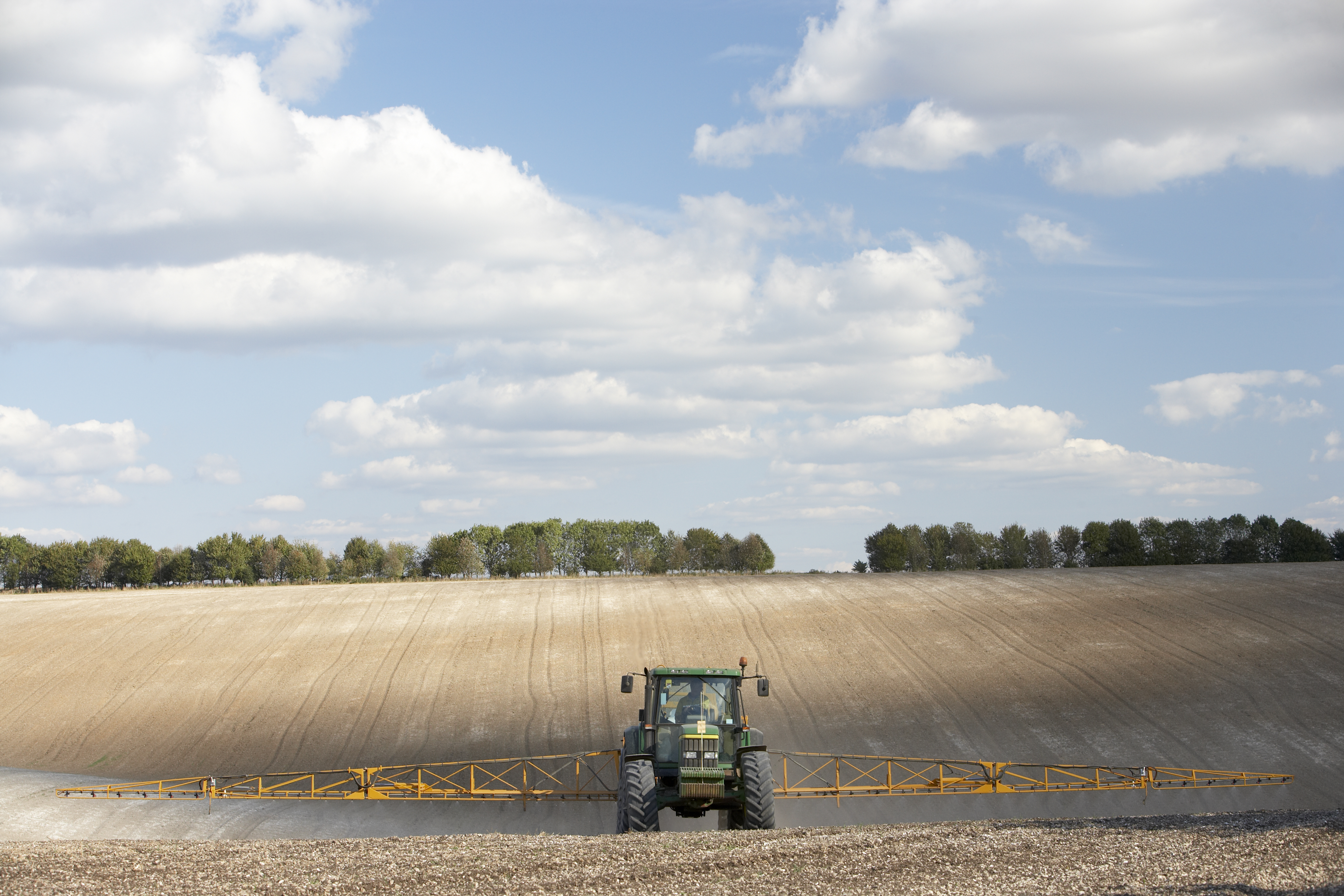
Part 2 of Our “Securing European Agriculture” Session Insights - In the second part of our session, which focused on the challenge of energy resilience, our panellists explored potential solutions.
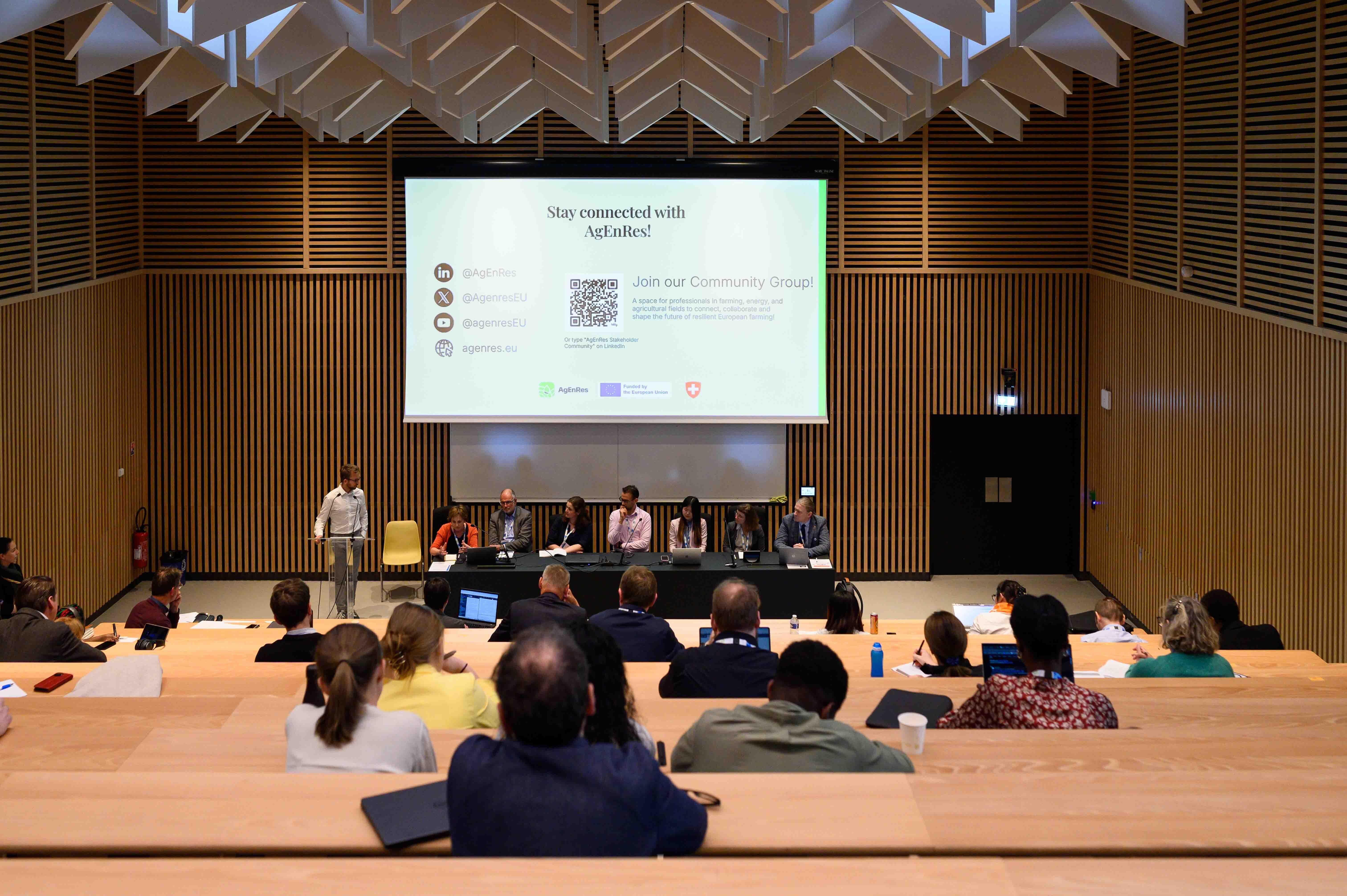
Part 1 of Our “Securing European Agriculture” Session Insights - Last April, AgEnRes hosted a special session at the 99th AES Annual Conference. Under the title “Securing European Agriculture: From Cost Stability to Energy Freedom”, this discussion brought together experts in diverse fields to tackle the challenge of energy resilience, with the first block of discussions focusing on barriers to overcome this challenge.
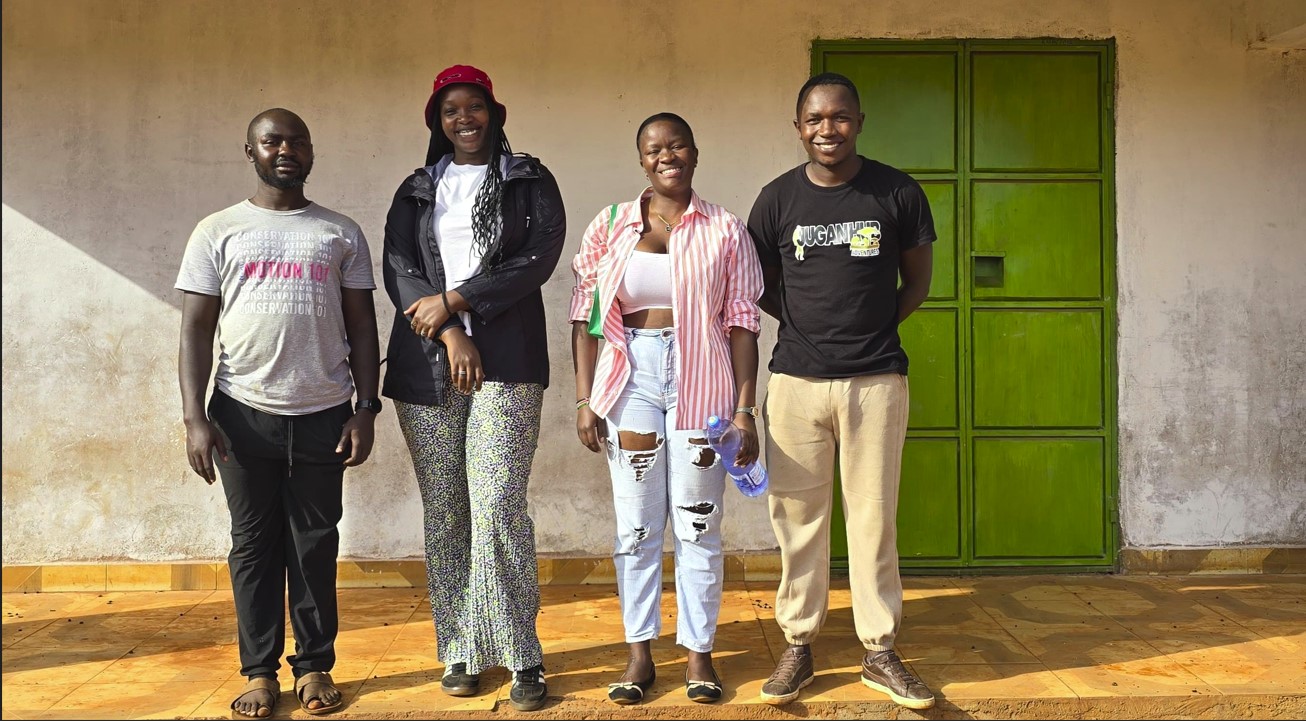
AgEnRes spoke with Fiona Njeri Macharia, co-founder and Social Impact, Purpose, and Sustainability Manager at Kiasili Farm, to learn how the initiative is empowering smallholder farmers, elevating Indigenous and Traditional Food Crops (ITFCs), and tackling food waste through technology and sustainable practices.
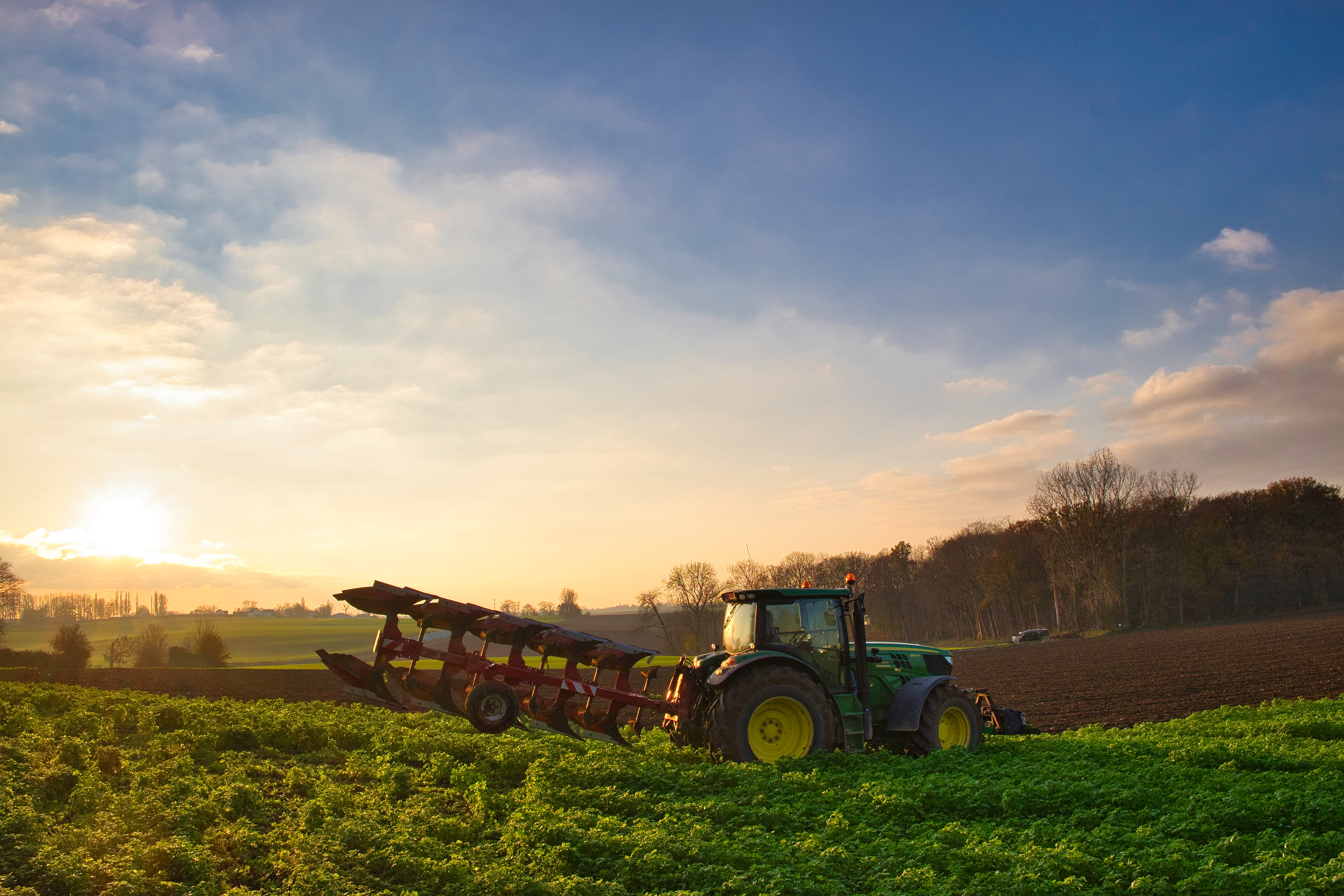
Modern agriculture is heavily dependent on fossil fuels and mineral fertilisers, both in direct and indirect forms. Directly farmers use diesel to power tractors, harvesters, and other machinery that is essential for planting, maintaining, and harvesting crops. Electricity, which is often generated from fossil fuels, is also critical for running irrigation systems, especially in greenhouse agriculture or in areas where water must be pumped over long distances. Also, livestock operations similarly rely on electricity for heating, cooling, lighting and mechanised feeding systems. The production of key agricultural inputs, such as synthetic fertilisers, especially those containing nitrogen, require large amounts of energy to produce, and natural gas is often a major fuel used in this process.
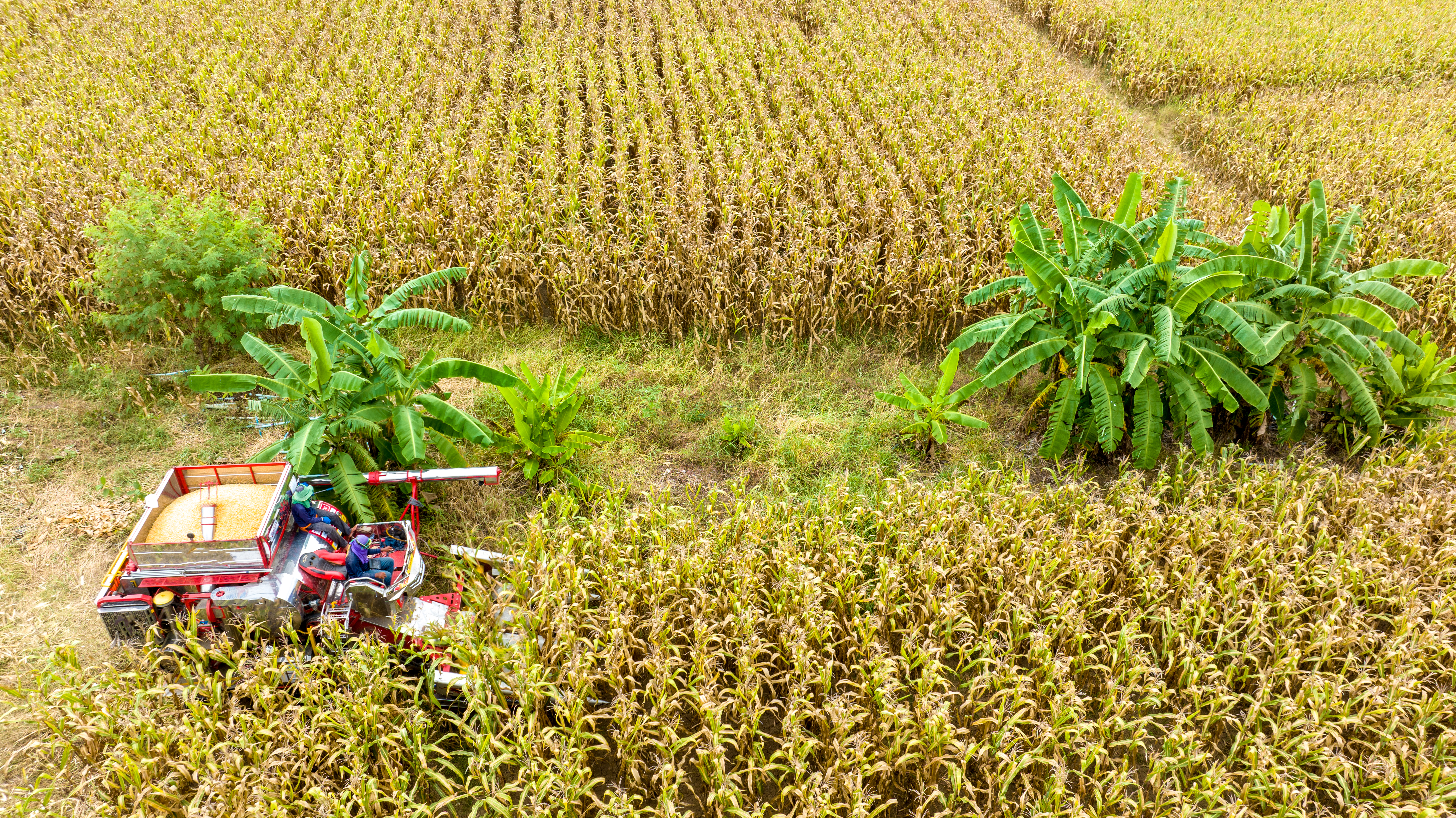
We’re pleased to share that the prototype of an EU-wide database of on-farm energy-saving technologies is now live, developed under the AgEnRes Horizon Europe project. This work is being led by the Agricultural University of Athens (AUA) in collaboration with partners at SGGW, IIASA, and E3M.
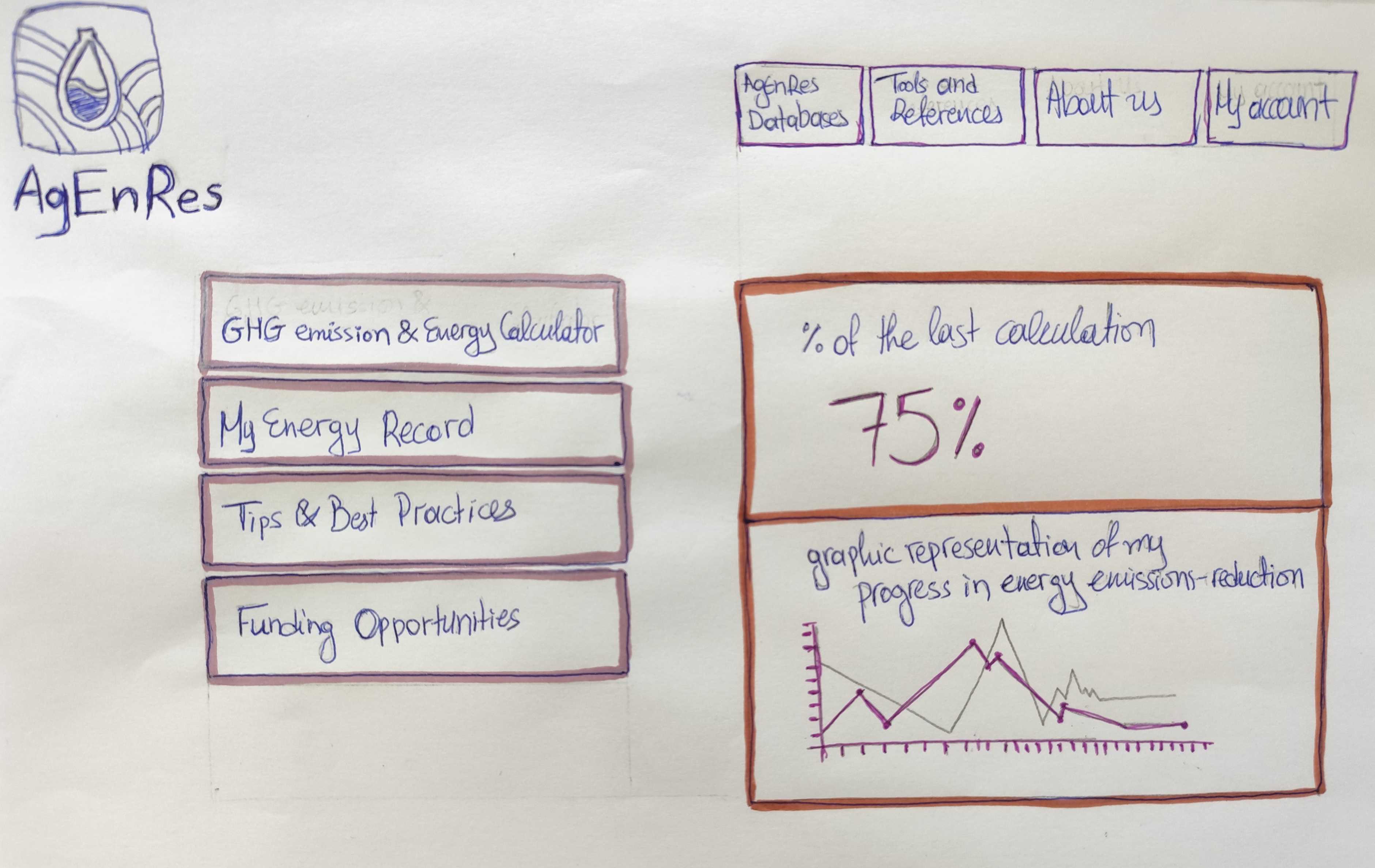
In an era of rising energy prices and growing environmental concerns, the agricultural sector faces mounting pressure to reduce its dependence on fossil fuels and mineral fertilisers. AgEnRes is leading the way in addressing this challenge by designing sustainable policy pathways that enhance the resilience of European agriculture
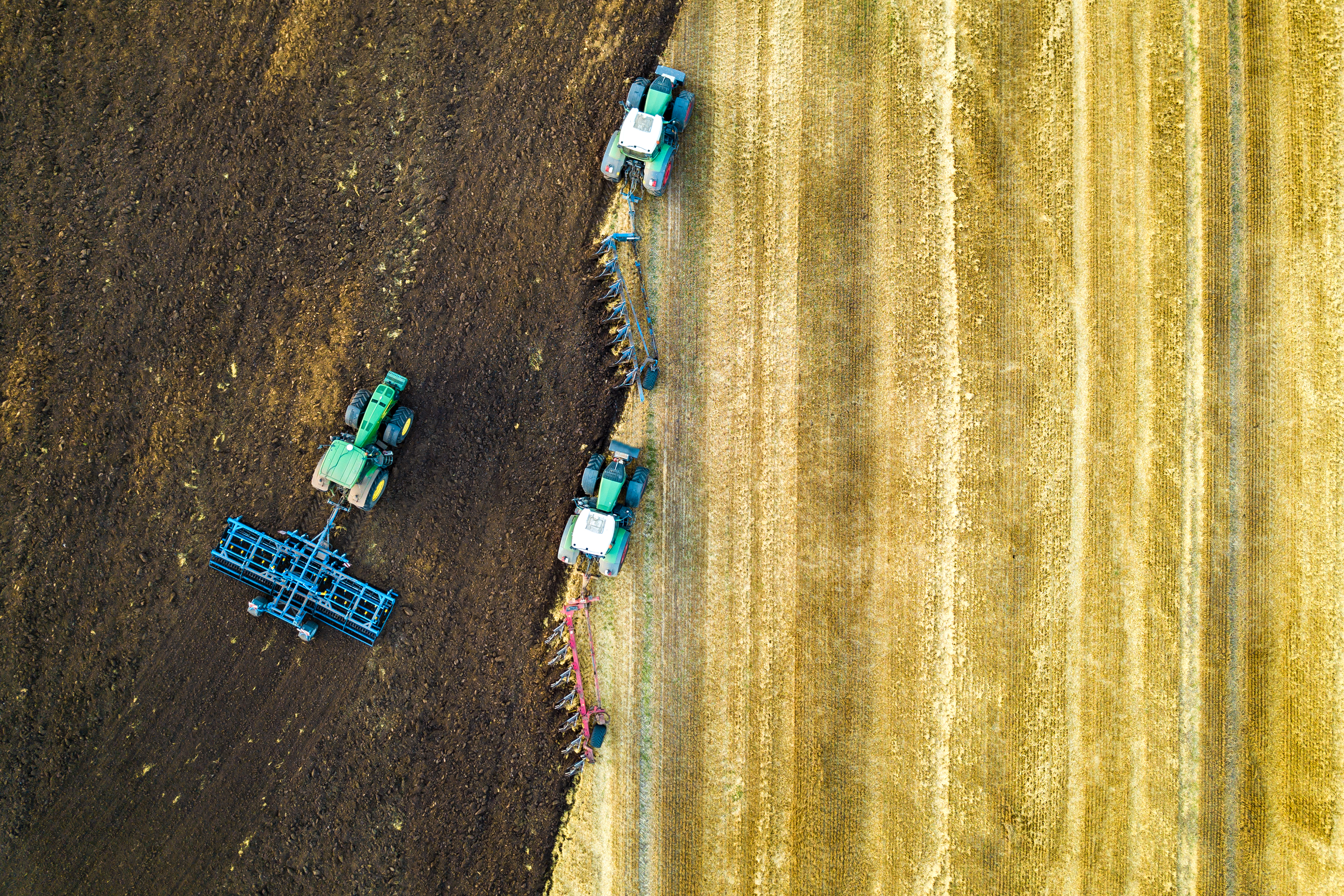
Price volatility is one of the most significant risks in agricultural production. Farmers must navigate unpredictable fluctuations in input and output prices, which can threaten their profitability and long-term stability. Financial tools—such as forward contracts, futures, options, and price insurance—offer mechanisms to mitigate these risks. However, despite their potential benefits, adoption rates among farmers remain surprisingly low.
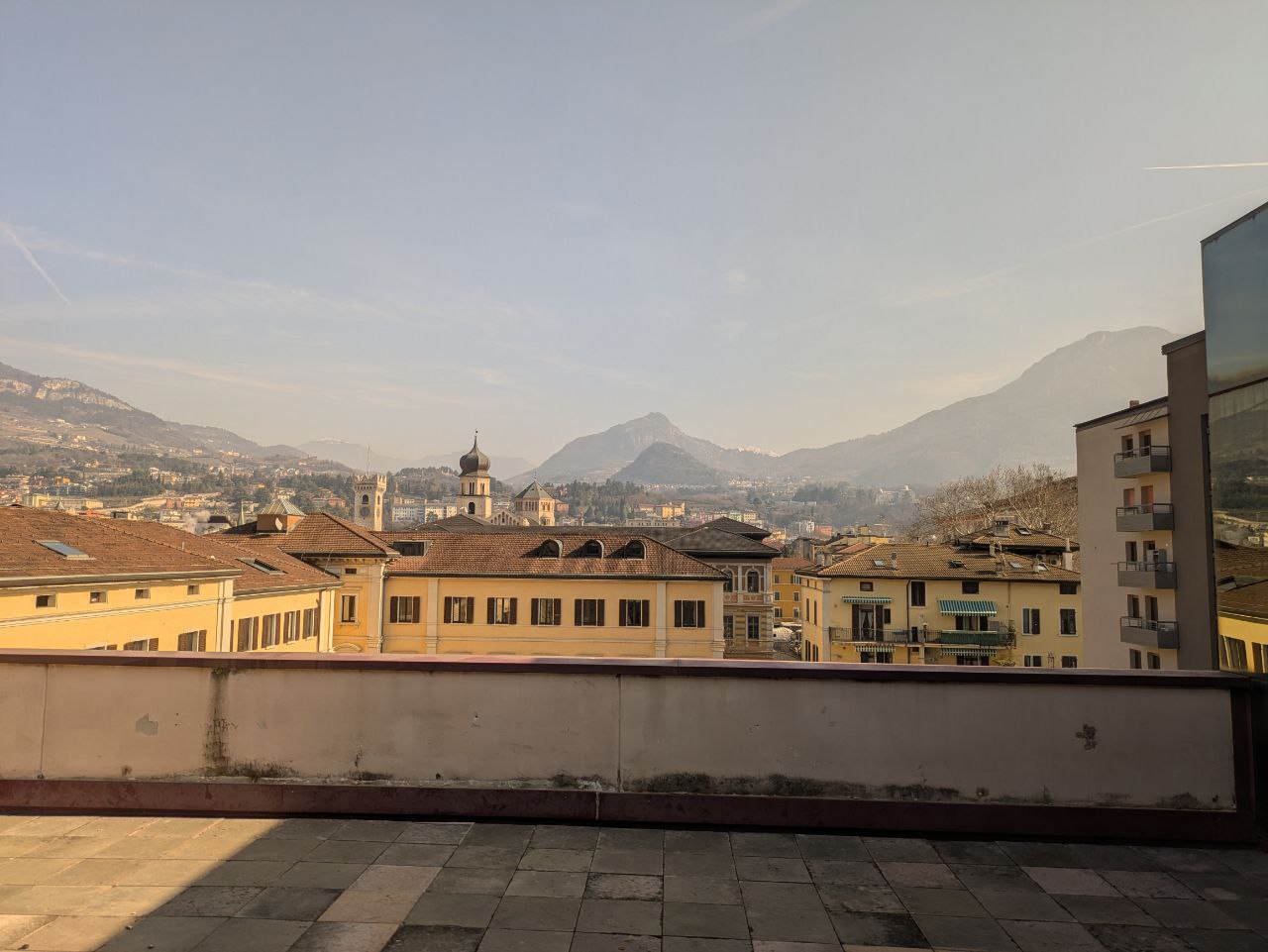
From in-depth discussions to lively dinners, our three-day meeting at the University of Trento brought together the Work Package 5 team for a highly productive and engaging session. Hosted by our colleagues at the University of Trento and joined by colleagues from Wageningen University & Research and the Swedish University of Agricultural Sciences, we made significant progress across all tasks, refining our systematic literature reviews, finalising survey instruments, and conceptualising innovative risk management tools for farmers.
